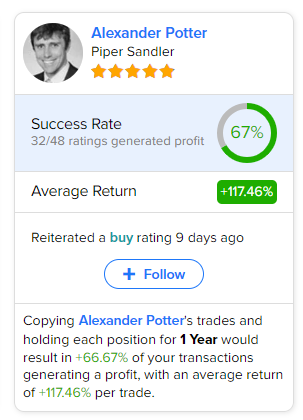Tesla (NASDAQ:TSLA), along with 15 other automakers, have reportedly pledged to end the price war that shook the world’s largest electric vehicle (EV) market earlier this year. According to a Bloomberg report, the companies signed a pact during a ceremony held at the China Auto Forum in Shanghai, committing to promote fair competition and prevent unjustifiably low price reductions.
Pick the best stocks and maximize your portfolio:
- Discover top-rated stocks from highly ranked analysts with Analyst Top Stocks!
- Easily identify outperforming stocks and invest smarter with Top Smart Score Stocks
Among other terms of the agreement, the companies have agreed to refrain from false advertising and ensure the quality of their products and services. Conclusively, the recent agreement, though non-binding, is expected to promote a healthier and more stable market environment for EV sales in China.
The automakers present at the forum included some of China’s top electric-vehicle makers, including BYD (BYDDY), Nio (NIO), XPeng (XPEV), and Li Auto (LI). Additionally, Chery Automobile, FAW Group, BAIC Group, JAC Group, Dongfeng Motor Corp., GAC Group, Geely, SAIC, Sinotruk, Great Wall Motor, and Changan Auto were some other participants.
The Beginning of the Price War
Tesla’s CEO, Elon Musk, initiated an aggressive pricing strategy in early 2023, offering significant discounts on its vehicles in response to poor car sales, increased inventory levels, and intense competition in the Chinese auto market. The company implemented price cuts of about 14% on its vehicles. In certain models, discounts were as high as nearly 50%.
However, these incentives and improving sentiments sparked increased interest from buyers, leading to improved sales for Tesla in China. As a result, Tesla’s peers, including both international and domestic auto players in China, were compelled to lower their prices as well. This intensified the price war in the Chinese EV market as companies fought for market share and consumer attention.
Improving China EV Sector
It is worth mentioning that the agreement comes at a time when China’s auto market is showing impressive signs of improvement. This recovery is backed by improving supply chain conditions, a rebound in consumer sentiment as pandemic impacts dissipate, and lower prices.
Interestingly, the key Chinese auto players have set monthly sales records, as indicated by their June delivery reports. Moreover, the CPCA expects total sales of new energy passenger vehicles, including pure electric and plug-in hybrids, to have increased by 30% year-over-year to 740,000 units in June.
While the scenario is improving for Tesla in China, let’s take a look at how analysts expect TSLA to perform in the near term.
Is Tesla stock a Buy, Sell or Hold?
TSLA stock has received 13 Buy, 13 Hold, and five Sell recommendations for a Moderate Buy consensus rating. Further, the average TSLA stock price target of $226.04 implies 19.98% downside potential from current levels.
Investors should note that Alexander Potter from Piper Sandler is the most accurate analyst for TSLA stock, according to TipRanks. Copying Potter’s trades on TSLA stock and holding each position for one year could result in 67% of your transactions generating a profit, with an average return of 117.46% per trade.




















